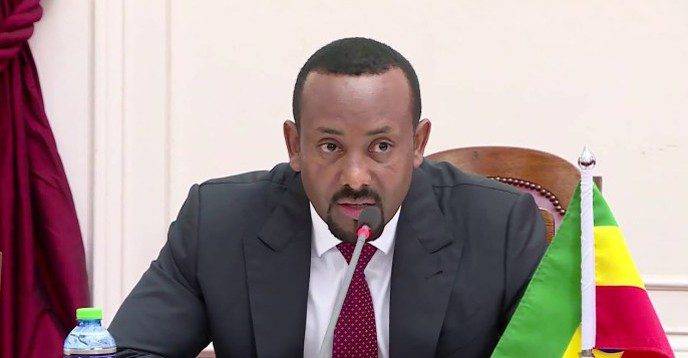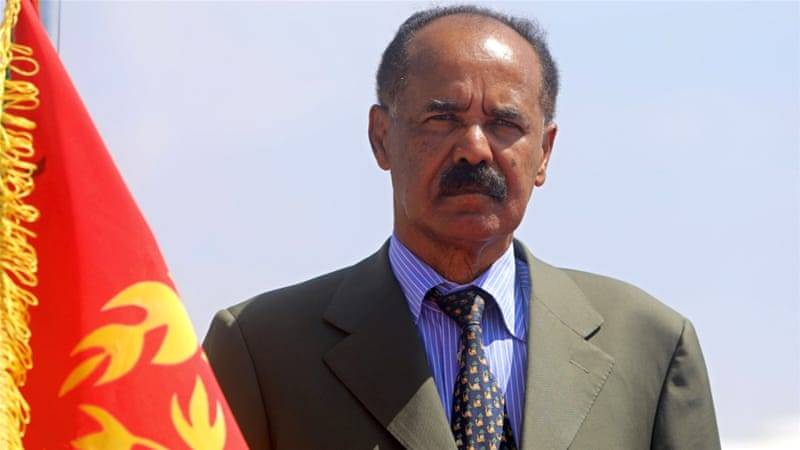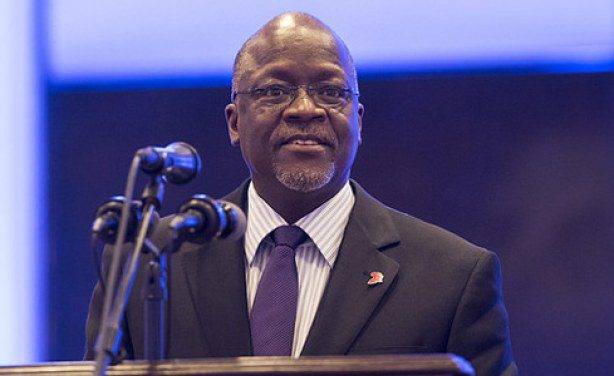Not All Presidencies Come With Money Bags — Behold; Africa’s Lowest-Paid Presidents!

Presidents are generally considered the number one citizens of their respective countries, and understandably so. The office of President usually comes with a lot of power and responsibility and whoever wears that cap carries with him or her an air of importance that is almost of the same wavelength as royalty.
This is why it is something of a common assumption amongst people that Presidents are untouchable, elite personalities with very deep pockets. Presidents are thought to be very wealthy individuals who take home fat paycheques just because they can. People tend to see them as affluent individuals who make a lot of money from their huge salaries, gifts, and in some cases, back-handed schemes.
Well, this is true for many — the wealth and influence that comes with occupying the office of President is true for so many countries across the globe. But just as is the case for most other things, there are exceptions. Some Presidents actually don’t have it so good, at least, on paper.
For every Paul Biya or Uhuru Kenyatta, there is an Isaias Afwerki or John Magufuli that is not exactly raking in huge sums from the office, at least, not in legal wages. Now, here are some of the least-earning African Presidents who take home a relatively modest paycheque.
Abiy Ahmed (Ethiopia)

Source: UNESCO
Abiy Ahmed leads Ethiopia and he earns just USD 300.00 every month. According to him, this is his way of showing that he really means business when it comes to changing the country’s economy.
“I work seven days a week for USD 300 a month. I am not getting rich, but I am not corrupted. I have a modest office. But I am interested in making [the] change,” the Ethiopian Prime Minister once famously said.
He became Ethiopia’s Prime Minister on April 2, 2018; the 15th in the country’s history.
Isaias Afwerki (Eritrea)

Source: Aljazeera
The Eritrean President is not exactly everyone’s favourite because of his history of suppressing the press in his country and various accusations of human rights violations, but a report from 2017 has it that he is one of the lowest-paid Presidents in Africa.
Two years ago, there were reports that he earned USD 400.00 a month, which is less than what a Canadian mining company like Nevsun Resources and miners make in his country.
The report by Tesfa News stated: “If Nevsun truck drivers made ‘twice that of a government minister’, it is even more astonishing when one noticed what Nevsun CEO made this year compared to President Isaias Afwerki’s annual salary.”
Afwerki became the first president of Eritrea after the country gained its independence in 1993. He has kept the office in his tight grip since then.
John Magufuli (Tanzania)

Source: thecitizen.co.tz
Tanzania’s President actually earns a lot more than his peers on this list but the fact that he is still classified as poorly-paid despite a monthly salary of USD 4 K gives one an idea just how much most African Presidents earn monthly on average.
While delivering a speech in 2017, he told officials that he earns a salary of 9 million Tanzanian shillings (USD 4 K) per month, which still seems to be on the high side until you learn that it is a third of what former president, Jakaya Kikwete, used to make.
In his words; “My salary is nine million (Tanzanian Shillings). I have not increased my salary and I will not increase it. Because my obligation is to serve Tanzanians first. Citizens are tired of their money getting stolen.”
President Magufuli revealed this while laying out his plans to slash the salaries of executives of state-owned companies. “The Bulldozer”, as they call him in Tanzania, has masterminded a number of significant salary cuts since assuming office in 2015.
Featured Image Courtesy: bbc.com